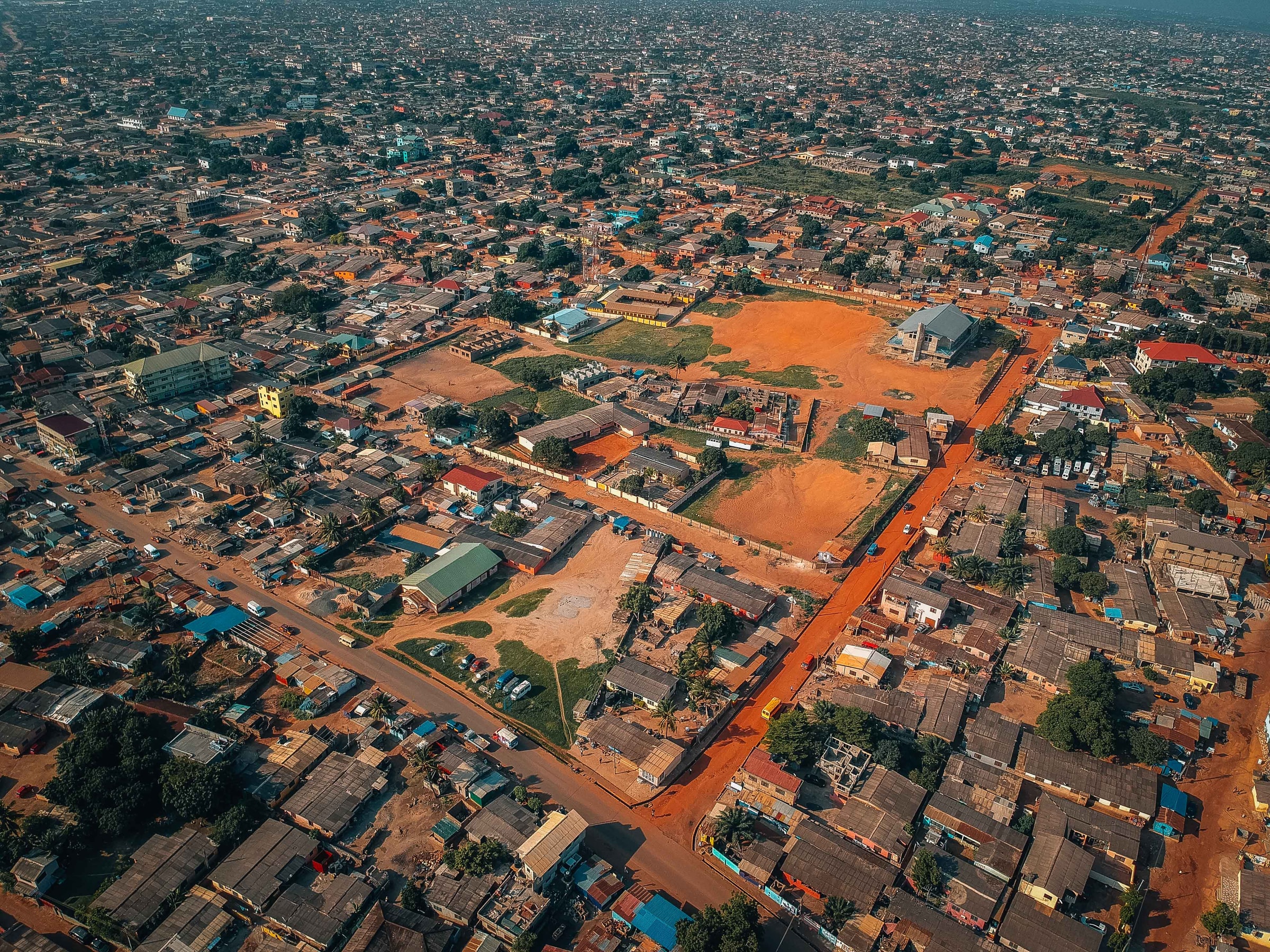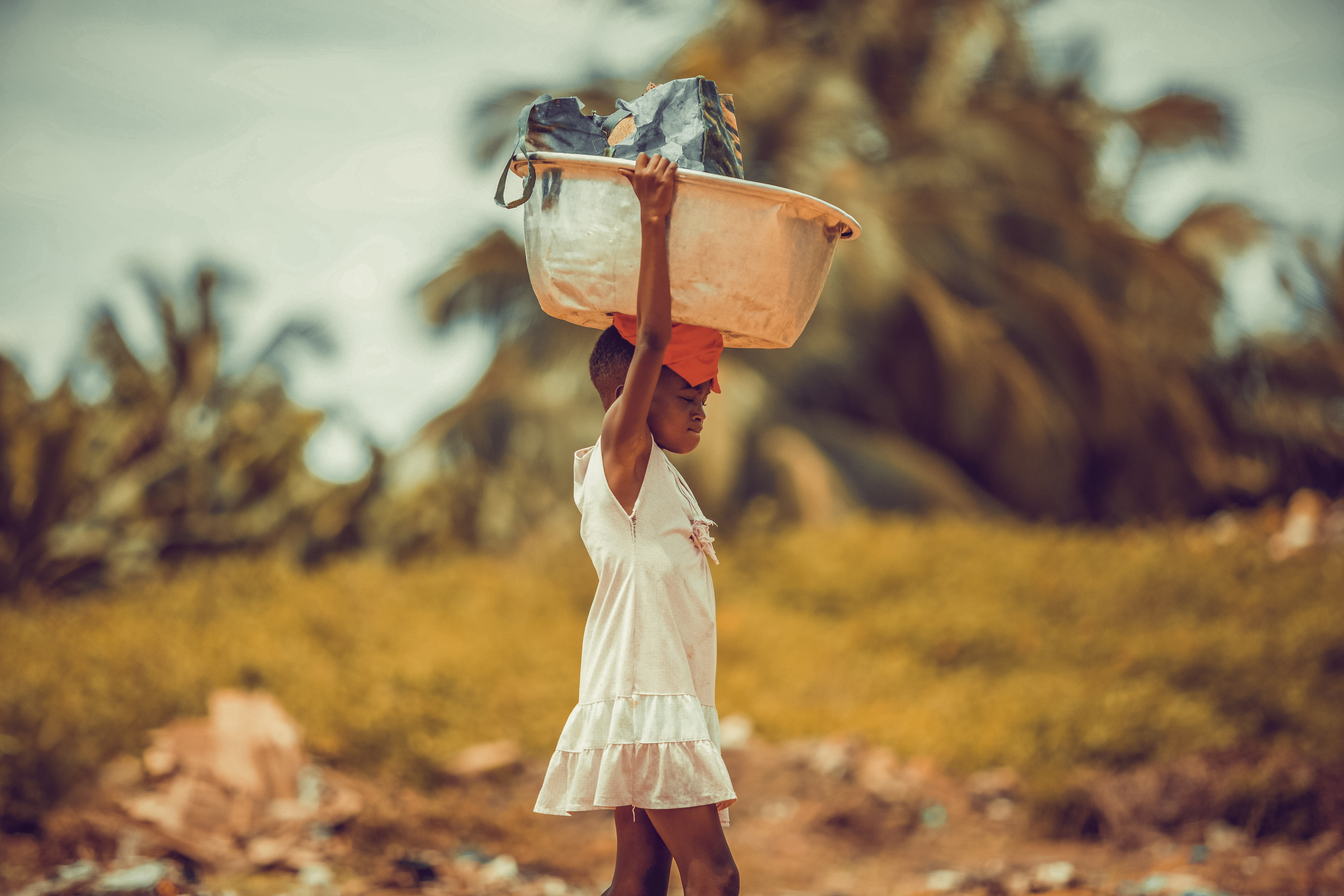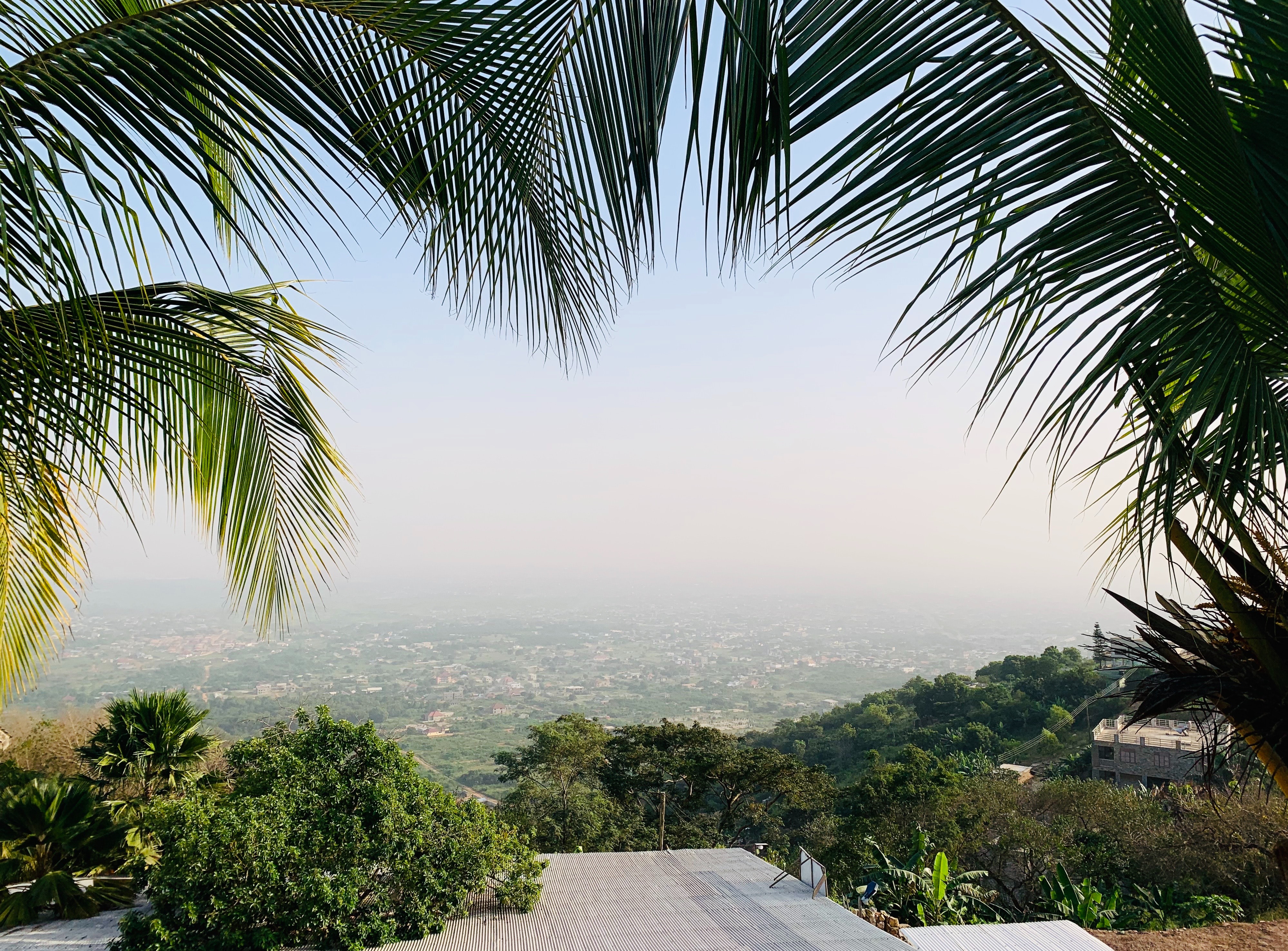Worldwide service
EHSI
Ghana
Ghana has a relatively well-developed health system where the curve has consistently been pointing in the right direction on most health related parameters the past decade - until Covid19 brought a disruption like in most countries globally. Ghana was also the first country in Sub-Saharan Africa with an operative nationwide health insurance scheme, which has contributed greatly to improving access to health services. However, there is evidence to suggest some coverage and utilization challenges for those living in rural and remote parts of the country.
Despite the improvements in health indicators in several areas, there are still challenges and barriers, especially, in relation to healthcare access and utilization for those in the rural areas. According to the Ghana housing and population census in 2021, 43 % of the population live in rural areas. There are however major regional differences; The Greater accra Region is 92% urbanized where as the Upper East region has only 25% of its population in urban areas. In site of the fact that Ghana in general has a health system well above the average of the sub-Saharan continent, equitable access to healthcare is still an issue. Like in most countries on the continent, the rural areas in Ghana tend to be characterized by bad road network, limited transportation choices, lack of well-equipped health facilities and qualified healthcare professionals. By definition, the localities are mostly reachable by feeder roads, which are often not motorable especially during extended rainy seasons.
 Photography by Virgyl Sowah
Photography by Virgyl Sowah Photography by Richmond Ose
Photography by Richmond OseChallenging infrastructure
As a result of poor road infrastructure in rural areas, emergency services are not very accessible in these areas. They have far fewer ambulance services and emergency cases can quickly escalate into poor health outcomes and death. A gender disparity also exists: Most rural women lack independent means of transport and rely on their husbands or family relatives in times of emergencies, if ambulance services are not available. When women in labour are referred for further medical follow-up , they can be delayed in arrival at the hospitals where the interventions will take place, leading to unnecessary suffering, severe injuries and deaths.The evidence shows that there are higher chances of human lives being lost in rural than urban areas in accessing healthcare services especially in terms of medical emergencies*.
Airborne emergency service
EHSI founder, Ole Ronald Aronsen, has more than 50 years experience in operations of air ambulance and helicopter services both in Norway and internationally. For the past 25 years he has lived and worked in Ghana, where he is currently based in Accra. After experiencing the challenges and opportunities in Ghana, Ole wanted to introduce an airborne transportation and emergency service to complement Ghana’s existing medical emergency infrastructure.
Local expertise
Ole has more than 25 years of experience from flight operations in Ghana, and is currently based in Accra, giving him unique insight about the local challenges and opportunities.
EHSI has an extended team of advisors to secure expert level knowledge and proficiency in core areas such as Flight operations, medical operations and offshore. The team has a combination of Norwegian and Ghanaian expertise and is in regular dialogue with EHSI regarding progress and developments.
︎︎︎ Our team


